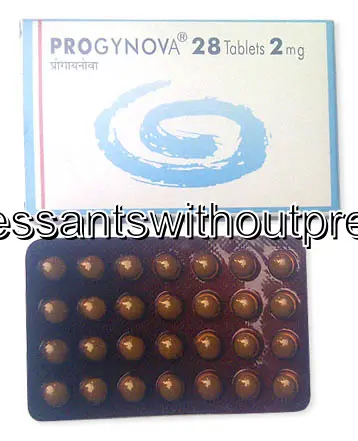| Package | Dosage | Price | Price per Dose | |
|---|---|---|---|---|
| Dosage: 1mg | ||||
| 140 pill | 1mg | NZD376.19 | NZD2.68 | |
| 112 pill | 1mg | NZD313.94 | NZD2.81 | |
| 84 pill | 1mg | NZD251.69 | NZD3.00 | |
| 56 pill | 1mg | NZD173.20 | NZD3.11 | |
| 28 pill | 1mg | NZD100.12 | NZD3.57 | |
| Dosage: 2mg | ||||
| 140 pill | 2mg | NZD606.25 | NZD4.33 | |
| 112 pill | 2mg | NZD508.81 | NZD4.55 | |
| 84 pill | 2mg | NZD405.96 | NZD4.84 | |
| 56 pill | 2mg | NZD273.34 | NZD4.87 | |
| 28 pill | 2mg | NZD151.54 | NZD5.41 | |

Estradiol Description
Overview of Estradiol
Estradiol is a form of estrogen, a primary female sex hormone responsible for the development and regulation of the reproductive system. It plays a vital role in maintaining the health of bones, skin, and other tissues. This medication is commonly used to treat symptoms of menopause, such as hot flashes, vaginal dryness, and mood swings. It may also be prescribed for women with ovarian failure or certain hormonal disorders. As a natural hormone, estradiol can be administered in various forms, including tablets, patches, gels, and injections, depending on the medical indication and patient needs.
Effectiveness and Benefits
When used appropriately, estradiol can effectively alleviate menopausal symptoms, thereby improving quality of life. It helps in reducing hot flashes, night sweats, and urinary problems, which are common during menopause. Beyond symptom relief, estradiol supports bone health by preventing osteoporosis, a condition characterized by weakened bones. Patients often notice improved skin elasticity and a better overall sense of well-being. For women with hormonal deficiencies or surgical menopause, estradiol restores hormonal balance, offering significant symptomatic relief. Its effectiveness depends on correct dosing and consistency of use as prescribed by a healthcare professional.
Possible Side Effects and Risks
Like any medication, estradiol may cause side effects. Common mild reactions include breast tenderness, nausea, headaches, and fluid retention. In some cases, more serious adverse effects can occur, such as blood clots, stroke, or increased risk of certain cancers like endometrial cancer. Women with a history of blood clots, liver disease, or hormone-sensitive cancers should consult their healthcare provider before starting treatment. Regular monitoring and follow-up are essential to minimize risks and ensure the medication's safety. It is important to report any unusual symptoms experienced during therapy promptly.
Usage Recommendations
Estradiol should always be taken as directed by a healthcare professional. The dosage and formulation depend on individual health factors and treatment goals. It’s crucial to adhere to the prescribed schedule and not to skip doses. For transdermal patches or gels, applying the medication exactly as instructed ensures optimal absorption and effectiveness. Patients should inform their doctors about all medications they are taking, as well as any existing health conditions, before starting estradiol therapy. Regular check-ups are recommended to monitor the medication’s impact and adjust the dosage if needed.
Conclusion
Overall, estradiol is a well-established medication with proven benefits for women experiencing hormonal imbalances, particularly during menopause. When used responsibly under medical supervision, it provides significant relief from symptoms and supports long-term health. However, understanding the potential risks and side effects is crucial for safe use. Proper dosing, monitoring, and open communication with healthcare providers can maximize the benefits of estradiol while minimizing possible adverse effects. This hormone plays an important role in women's health, and with appropriate management, it can greatly improve quality of life.
